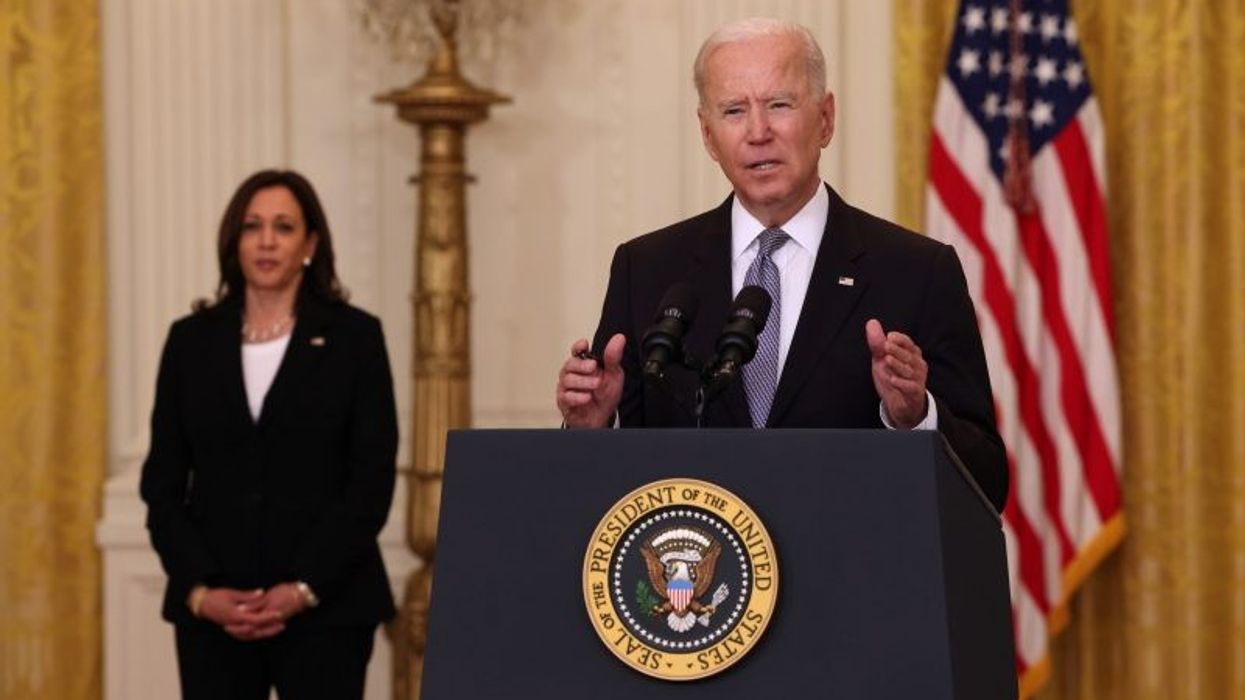A SENIOR White House (USA) official said on Friday (25) India's position at the United Nations over the crisis in Ukraine has been "unsatisfactory" but was also unsurprising given its historical relationship with Russia.
Mira Rapp-Hooper, director for the Indo-Pacific on the White House National Security Council, told an online forum hosted by Washington's School of Advanced International Studies that India needed alternatives to its continued close ties with Russia.
"I think we would certainly all acknowledge and agree that when it comes to votes at the UN, India's position on the current crisis has been unsatisfactory, to say the least. But it's also been totally unsurprising," she said.
Also Read
Next round of UK-India trade talks in April amid Ukraine tensions
Growing Rift over Ukraine: UK cancels high-powered delegation to India
India has developed close ties with Washington in recent years and is a vital part of the Quad grouping aimed at pushing back against China. But it has a long-standing relationship with Moscow, which remains a major supplier of its defence equipment. India has avoided condemning Russian actions in Ukraine and abstained from UN Security Council votes on the issue.
Rapp-Hooper said India had cleaved closer to Russia as a hedge as its relationship with China worsened, but it was thinking "long and hard" about its defence dependency on Russia.
"I think our perspective would be that the way forward involves keeping India close, thinking hard about how to present it with options, so that it can continue to provide for its strategic autonomy," she said.
Even before the Ukraine crisis erupted, Delhi upset Washington with its purchase of Russia's S-400 air defence system, putting it at risk of US sanctions under a 2017 US law aimed at deterring countries from buying Russian military hardware.
Analysts say any sanctions against India could jeopardise US cooperation with Delhi in the Quad forum with Japan and Australia aimed at countering China's expanding influence.
Rapp-Hooper said Washington and its allies and partners needed to look at their supply chains and think about how they can help countries that may be considering how to replace Russian defence systems.
"We have a number of partners that have chosen to keep their chips in with Russia, in terms of their defence procurement, in part as a hedge against China, but who are now in a place of reconsidering the wisdom of those decisions," she said.
"Not only will they need to make long-term decisions about how to potentially replace Russian systems in the immediate term, they will need to be able to get supplies and spare parts to be able to maintain their own militaries."
(Reuters)




